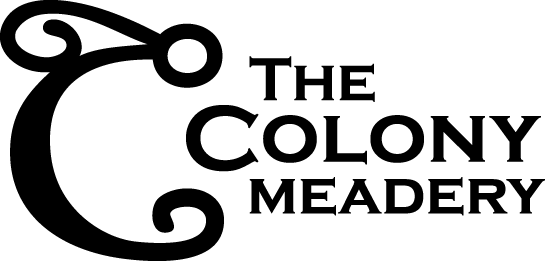For a number of reasons, ranging from sanity to transparency, I’m going to start chronicling some of our experiences from inside the COVID collapse-recovery process. It’s going to be mostly our experiences, with the occasional opinion, and I’d be very happy if anyone disagrees or wants to share theirs in response. Stay safe; stay sane; stay decent. -Greg
So, today we received notice from our bank that no one was able to review our Paycheck Protection Program application before the SBA announced it was out of money. This was not terribly surprising to any small business owner that has been trying to navigate the deluge of slapdash programs that are the results of various levels of governments trying to save parts of the economy.
Ours was a small request (a little over $30K, and the average award was $206K), but it would have allowed us to bring some people back to work and avoid falling further behind in the various bills that are piling up for all of us while the shutdown continues.
The CARES Act directed the SBA to lend out about $340bn to small businesses in forgivable debt, capped at $10m and based on 2.5 months of payroll. The program began April 3 and was out of money less than two weeks later.
There was, of course, no guidance given to the SBA lenders on how to administer this program, beyond an application form. When we found out that our main bank, PNC, was going to be administering the program, we filled out the federal form and then waited for PNC to open their application, which they did in less than a week (I do not envy their IT department). We tried to fill out their application, but of course they wanted more information that a small business doesn’t have on hand (like payroll reports), so we had to stop the application and get that info, then finish it. Of course, though, there was no time to create a form that stored information, so we had to start over with the new information. Then we found that PNC did not want the federal form we had already filled out, but needed it done and esigned by Adobe, so we had to start over and generate the form that way. Apparently, by the time our place in line came up, there was no more money.
Each of these things is not really anyone’s fault, except for a total lack of leadership or organization at the highest level. The banks didn’t have guidance, the IT people didn’t have time, and the humans involved didn’t have enough information.
10% of the money went to loans of more than $5m, which is kind of amazing to think about for a business like ours. That means that we were competing with businesses whose monthly payroll is literally almost 10x our yearly revenue. When you consider that, perhaps it’s not surprising that we were later in submitting than a company like that, which can make the application a CPA’s job to have ready and done instantly. We’re just two people not getting paid right now, trying to hold things together; even with an accountant helping us, it took a few days to get everything right.
And the CARES Act isn’t alone in this model. A large statewide disaster loan program wanted roughly the same information you’d have to submit for a mortgage, which is an enormous undertaking for a truly small business; that program was full in less than two weeks as well (and those loans weren’t even forgivable!). Another grant program for a local area came to my inbox around noon one day, and because I was near a computer I got to the very simple application 24 minutes after it was emailed. It took about 5 minutes to complete, at which point I was informed the program was full and no longer accepting applications.
Every small business trying to navigate these programs has similar stories; relatively speaking, we are lucky to have stayed healthy and are at least still operating on some level.
But I do have a question about why we are awarding these funds based on a first-come, first-serve basis. We don’t evaluate basically any other program that way, and it doesn’t take a lot of thought to understand why being able to fill out a form is not necessarily going to be correlated with worthiness or impact. Even if we grant that it might (without any reason to think so), isn’t it going to disadvantage the smaller businesses by design, then? And we’ve got two people who know their way around a spreadsheet, with enough money to pay an accountant; what about the businesses that are just scraping by and run by people without ready access to service providers, software and banks? They’re completely left out (for more, this oped on how the next stimulus can help disenfranchised businesses goes into pretty good detail on some of the issues).
I’ve been talking to a ton of other brewery/meadery/hospitality owners, and we all understand that it’s unprecedented, and that there are going to be multiple steps in any recovery. Even the PPP was designed to keep people employed for 60 days, not fix a system. We’re all doing what we can; offering curbside, trying to change business models, pivot to conserve whatever future their might be for our businesses and employees. The idea of trying to get billions of dollars to millions of small businesses is a mind-blower even for someone who believes in the power of government like me. This stuff is hard, and I think most of us get that. So it’s up to us (including our legislators) to learn from these mistakes, and, if we want these tax dollars to be effective, to have some criteria for the next rounds beyond just who can respond the fastest.

